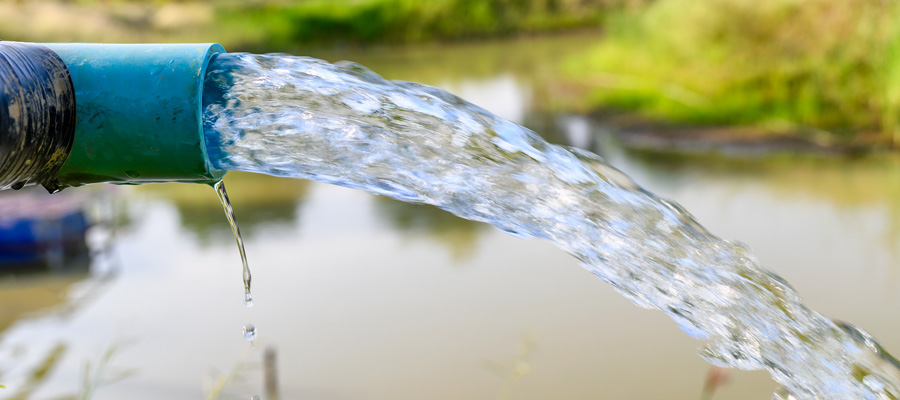Water protection must be a top public policy priority

The devastating floods that destroyed homes, farms, highways, dikes and critical infrastructure during November’s record rains are both unprecedented and a climate change wake-up call.
Let’s hope they are also a wake-up call for something else: our government’s failure to make water protection a top public policy priority.
Over the past several years, the BC government dropped the ball on several important and varied water-related files with the result that threats to public health and safety, critical infrastructure and food security have all increased.
Consider these four examples:
Just weeks from now as many as 16,000 small businesses, many of them farmers, will lose their historic rights of access to use groundwater and will be violating provincial laws should they withdraw water from their wells.
That’s because BC’s Water Sustainability Act, which became law in 2016, required businesses using well water to apply for water licences where previously such water use had been unregulated. Under the new law, those using groundwater prior to 2016 will lose legal access to that water (and may, due to water scarcity, be denied future access altogether) should they fail to apply for licences.
Just weeks from now as many as 16,000 small BC businesses will lose their historic rights of access to use groundwater.
With the March 1 deadline only weeks away, many business owners still don’t recognize the impact of not filing their applications on time. That’s largely because the Cabinet ministers responsible have not clearly communicated it. Now thousands of BC businesses risk losing their water after surviving COVID-19, heat domes, fires and floods.
Extending the deadline may be necessary, but isn’t enough on its own. Government must make across-the-board water licensing a top priority.
Second, is the government’s indifference to illegal water use. This includes turning a blind eye to thousands of illegal water users, including wells drilled after the new law requiring groundwater licenses came into effect. This includes nearly 100 dams built without permits by natural gas companies in northeast BC to facilitate fracking operations in violation of provincial water and dam safety laws.
Third, there’s the government’s repeated issuance of logging permits that may drastically alter water flows in watersheds. Following flooding in the Grand Forks area in 2018, a class action lawsuit was launched alleging actions of BC’s Ministry of Forests, Lands, Natural Resource Operations and Rural Development and several logging companies contributed to the severity of floods in that region.
Lastly, there’s the question of chronic under-staffing of the River Forecast Centre (RFC). In 2010, government was told by no less than its former water comptroller that RFC staffing should be more than doubled. Nothing changed and a sad result was the late and inadequate warnings issued by the RFC in the lead-up to November’s disastrous floods.
All of this mostly happened under the watch of the forestry ministry, whose primary responsibility is to issue logging approvals that can result in landslides and dramatically altered peak water flows in rivers.
The government’s repeated issuance of logging permits may drastically alter water flows in watersheds.
Additionally, for the fossil fuel industry all water-related authorities are under the BC Oil and Gas Commission, the agency funded by industry to facilitate its expansion. This includes providing subsidized access to water and waiving treatment requirements for the industry’s highly toxic wastewater, creating contamination risks from both storage and disposal. Also, environmental assessments are no longer required for certain groundwater wells, however large.
Clearly, the ministry’s and the commission’s mandates to facilitate development conflict with the protection of our water.
This must change and it will require strong political leadership and the creation of a dedicated, independent and comprehensive water agency with a clear mandate to ensure the protection of our water resources as a top government priority.
Last year’s floods and heat domes are a wake-up call. We can expect more and failure to make water policy changes now, guarantees a torrent of trouble ahead.

